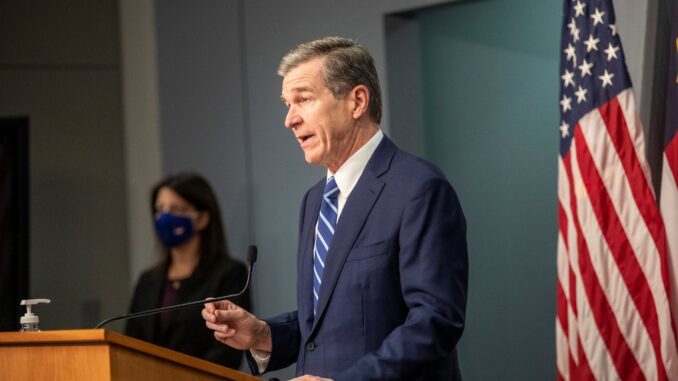
RALEIGH – Gov. Roy Cooper extended a moratorium on evictions through Jan. 31, 2021 shortly before Christmas. The order, previously signed on Oct. 28, prevented evictions for renters through Dec. 31, 2020.
“Many families are trying to do the right thing, but this virus has made it difficult. Roughly three to 400,000 households across North Carolina are currently unable to pay rent. This holiday season, too many families are struggling to pay rent as the pandemic surges,” said Gov. Cooper. “As the first of the month approaches and rent becomes due, I wanted people to know that we plan to extend the moratorium on evictions.”
The details and language of the moratorium are forthcoming and will be based on how or whether Congress extends the federal moratorium. More information on the state’s extension will be shared as soon as possible.
Executive Order No. 171 clarified the CDC’s eviction moratorium to prevent unwarranted evictions and help struggling communities. Gov. Cooper says the order supplements the existing NC HOPE initiative that pays landlords and utilities directly to keep people in their homes.
In September, the CDC put a temporary residential eviction moratorium into effect nationwide from September 4 through December 31, 2020. The CDC order protects residential tenants from eviction for nonpayment of rent. However, confusion over who this order protects has caused inconsistent enforcement and unwarranted evictions in some parts of the state.
Executive Order No. 171 requires landlords to make residential tenants aware of their rights under the CDC Order. For eviction actions commencing after Executive Order No. 171, landlords must give residents the option to fill out a declaration form before starting any eviction action.
The Order also sets forth procedures to ensure protection for residential tenants once they provide the required declaration form to the court or to the landlord.
At the end of August, Cooper launched the $117 million NC HOPE program that provides assistance to eligible low-and-moderate income renters experiencing financial hardship due to the pandemic by making direct payments to landlords and utility companies.
People can apply for help by calling 2-1-1 or going to nc211.org/hope.




